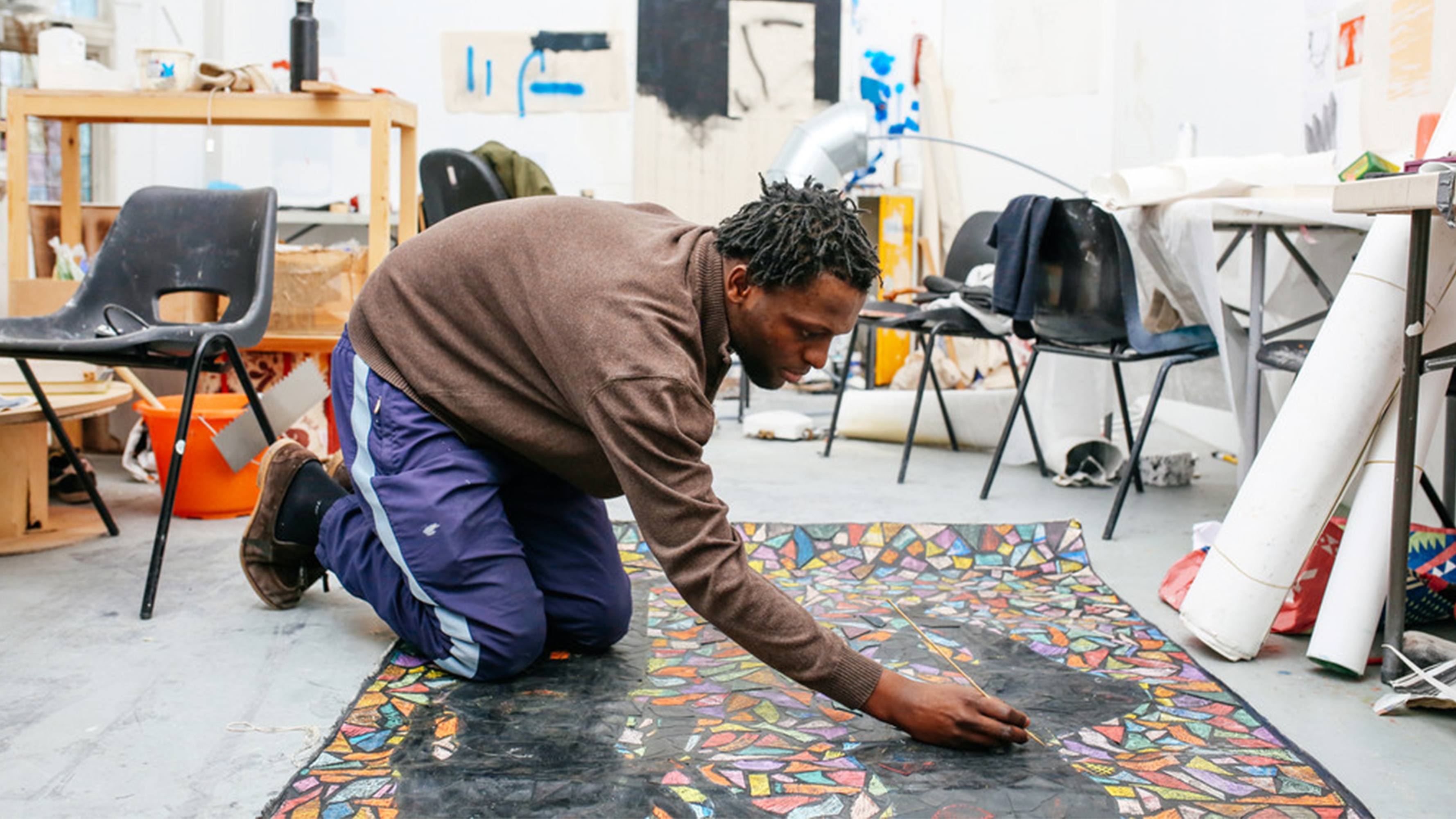‘How to Make Art In A Pandemic?’Art Monthly, June 2020
"With my essay ‘How To Make Art In a Pandemic?’, published in the June 2020 issue of Art Monthly, I wanted to broaden considerably the scope of what discussions on “ableism” and “access” mean in the art world - particularly in the COVID-19 era.
I point to the fact that our communities of disabled and chronically ill artists have been campaigning for access measures for many decades, such as the right to work from home for health reasons, or online streaming of events. And that these were some of the measures that were implemented by in mere days by vast swathes of art institutions that had been so resistant to them - simply because the lives of non-disabled people were at risk.
Furthermore, that these measures are often insufficient - when they don’t actually follow measures for access, such as asynchronous remote learning.
There are guidelines that have been developed to do things in an actually accessible way; long meeting times that don’t allow for breaks, for instance, affect chronically ill staff, faculty, and students to name one small example.
I also apply the work of Jasbir Puar, in terms of the debilitating of populations alongside disability rights movements, to the art world. I link international capital flows, as tied to transnational capitalist policies of violence, to the very creation of accessibility features and enforcing of art world norms, an angle that forms the heart of my research by practice.
I argue that “access” and “disability justice” (a term coined by queer crips of colour artists’ collective Sins Invalid) should encompass a much wider purview. Palm oil plantations that kill and displace people in Indonesian territory could fuel accessibility measures as funded by the oligarchs who run them, for instance.. Public engagement is a really important part of decolonising work to me—which involves thinking about how art is linked to actual land ownership and settler colonialisms.
Art Monthly radio discussion and podcast: Resonance FM, 8 June 2020
It was a pleasure to discuss these ideas further as part of Art Monthly’s Talk Show on Resonance FM on 8 June, alongside Chris McCormack (Art Monthly), Morgan Quaintance and John Douglas Millar.
It’s an honour and a pleasure to be able to translate concepts formulated from my years of research to a wider audience in this way, as well as to my colleagues. I’m glad the article was made available online, and that the work could be distributed in audio form through the radio show; befitting its ethos of honouring multisensorial ways of being!
Just as this coronavirus has shown tragically how interlinked we are and how our societal systems can fail us, it can be met with true solidarity. “Care” has become a buzzword in the art world, but we need to continually interrogate what that actually means in real terms."
Listen on the Art Monthly Talks podcast
‘Morgan Quaintance, Khairani Barokka & John Douglas Millar’ - 8 June 2020 (49mins)
Biography
Dr Khairani Barokka (Okka) is an Indonesian writer, poet, researcher, editor, and interdisciplinary artist. Her work focuses on ableist racism and cishetero-patriarchy as affective flows in contemporary colonial violences, including in the fine art world. She is currently a Research Fellow at the UAL Decolonising Arts Institute and one of 4 Researchers in Residence on the Institute’s Decolonising Archives programme, a partnership with UAL Archives and Special Collections.
Okka has presented work extensively, in 15 countries, and is the recipient of 9 residencies and multiple grants, commissions and award nominations. Okka received a PhD by Practice from Goldsmiths’ Visual Cultures Department, as an LPDP Scholar. She was an NYU Tisch Departmental Fellow, Modern Poetry in Translation’s Inaugural Poet-in-Residence, and a UNFPA Indonesian Young Leader Driving Social Change.
Okka’s works include the Annah, Infinite series, 2018; Eve and Mary Are Having Coffee, 2016 (Indonesia’s only Edinburgh Fringe representative that year); co-editor Stairs and Whispers: D/deaf and Disabled Poets Write Back, Nine Arches, 2017; author-illustrator of Indigenous Species (Tilted Axis; Vietnamese tr. by Red, AJAR Press) 2016, and author of Rope, Nine Arches, 2017.
Recent commissions are from the ICA and SALTS Basel, and her work has been an Artforum Must-See. A frequent public speaker, Okka’s work has been featured multiple times by the BBC, and by many other outlets including CNN and ABC Australia. She is published widely.

